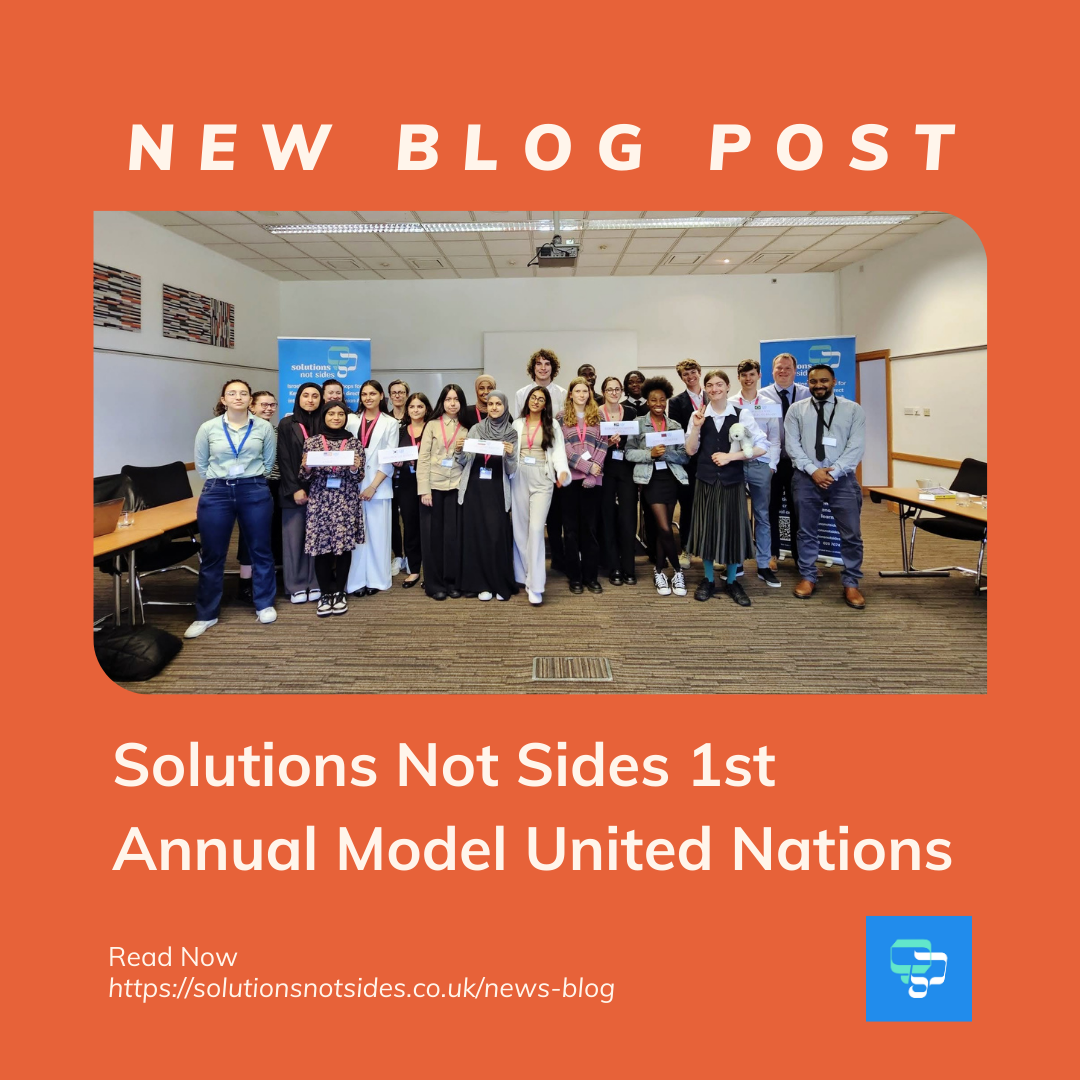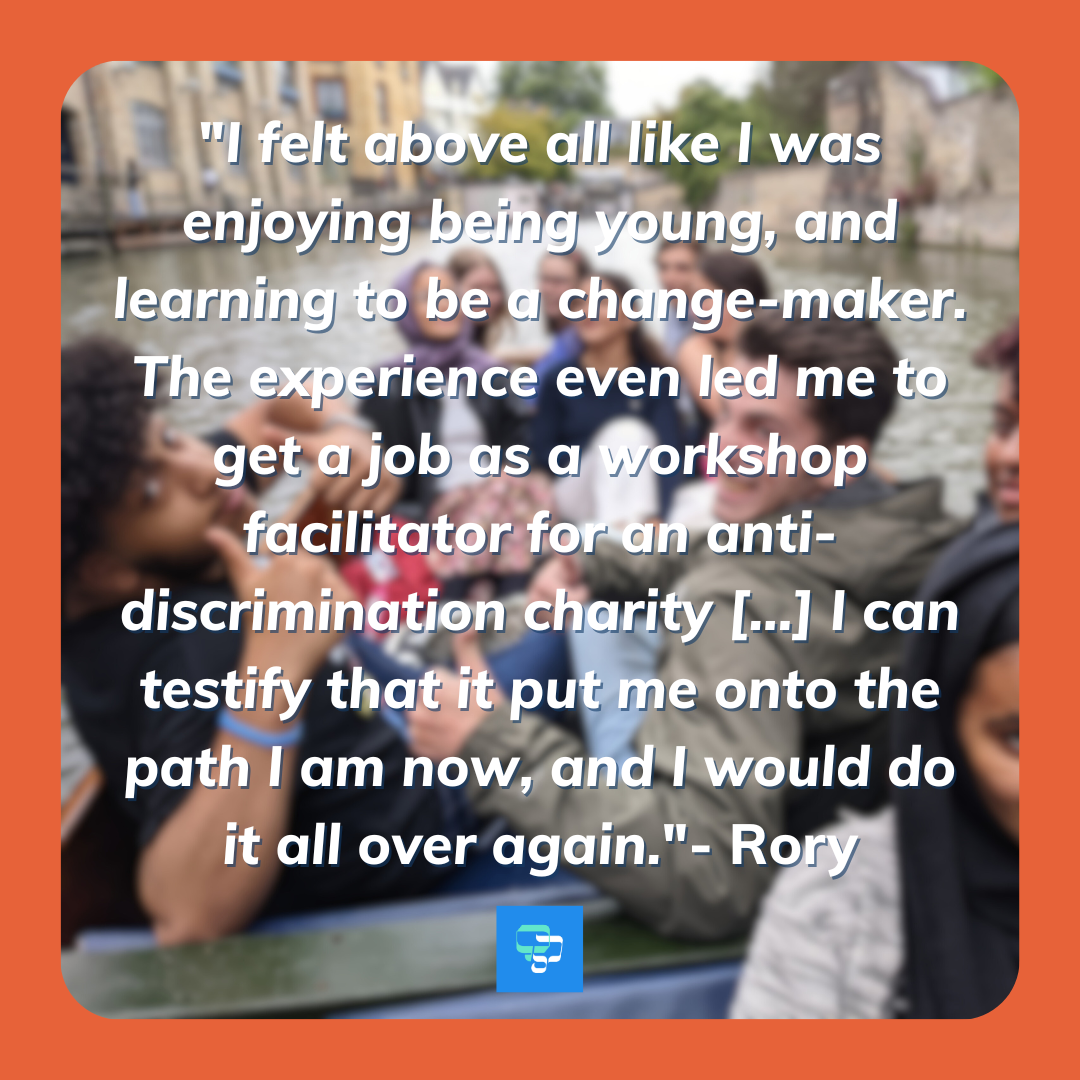Blog
If you’re interested in writing a submission for the blog, please email [email protected]
Sep, 12 2023
Integrate Social and Emotional Learning this academic year

By Jess Brandler, SNS Managing Director
Aug, 22 2023
"Westminster could possibly learn something from these attendees"

Hey everyone, I'm Nia – the new intern with Solutions Not Sides (SNS), and I'm here to tell you all about my first full day as the newest member of the team (does that make me sound like the office puppy or something?). If you had asked me when I first came across Solutions Not Sides at age 16-ish, if I thought I would ever come back into contact with the company on this level, I would’ve said probably not.
Aug, 21 2023
Israeli-Palestinian shows and Films: Part 3

Note: Solutions Not Sides makes no attempt to reconcile or support any of these films or TV shows, or the narratives they show, but we believe it is important to understand different side’s perspective and the way that their societies presents and understands events.
Jul, 18 2023
Solutions not Sides’ Model United Nations

By Ms Macpherson, Teacher at London school in Stratford
Solutions Not Sides’ (SNS) events have become an annual part of our school experience in recent years at London Academy of Excellence (LAE), and so we were keen to be part of the SNS inaugural Model United Nations (MUN), and pleased that so many of our students leapt at the opportunity to take part in a conference on a UN path forward for Israel and Palestine.
Jun, 29 2023
It Put Me On My Path

By Rory, SNS Student Leadership Programme alumni.
[Note: Our Student Leadership Programme - now called the Bridge Builders Programme - is now open for applications. The programme takes place August 20-25th in Cambridge, UK. The application deadline is July 10th.]